
臺灣非營利專業書評媒體。Openbook編輯部將提供原生報導,文化觀察,人物採訪與國內外重大出版消息。 https://linktr.ee/openbooktaiwan
East Asia Study" After Mother's Disappearance, Slowly Becomes a Bug: K-Mothers in 21st Century Korean Literature
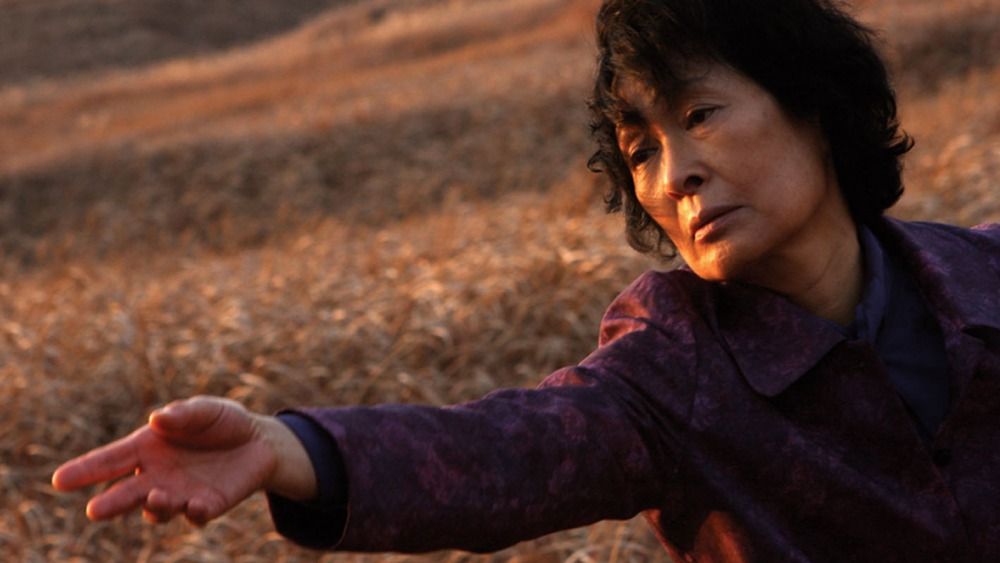
Author| Cai Yuling (literary worker)
As we all know, the images of father and mother in contemporary Korean literature generally have specific references. In many cases, the father symbolizes the national history of the peninsula, while the mother symbolizes the history of the peninsula's suffering. However, after entering the 21st century, with the gradual stabilization of politics, sustained and rapid economic development, and the average gross national product exceeding 20,000 US dollars, the young Korean generation's understanding of life has completely entered the modernization and urbanization under the Western concept. Doctrine also infiltrated the body of the younger generation, and gradually produced a desire to cut off from the pre-modern community represented by "nation/family" and "father/mother".
Kim Young-ha, a leading figure in the Korean literary world, shot at his "father" immediately after entering the new century. In the short story "Brother is Back" (2000), although he also inherited the use of the father image by the writers of the previous generation, the father in his writing has the "real/father of the family" of Korean patriarchal system, and hides the sorrow of the peninsula The "historical/father of the nation" is a symbol of the novel, but what is presented in the novel is a cowardly and incompetent, grotesque, and ugly "father of falsehood/distortion". This is completely contrary to the "father of ideals/authority" who carried the values of social justice and progress in the literature of the last generation.
And when Kim Young-ha made counterattacks and subversions against K-Fathers (Korean fathers) in Korean literature, Shin Kyung-sook, an iconic writer who belonged to the "New Generation Literature" of South Korea in the 1990s, was not idle. She made her always equal. The K-Mothers (Korean mothers) from the peninsula's history of suffering have disappeared.
➤ The missing suffering mother
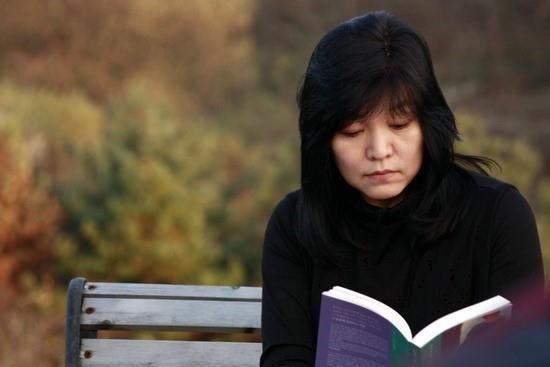
Shin Kyung-sook, who was born in 1963, made his debut in 1985 with his novella "Winter Fables", and then made a firm foothold in the Korean literary scene with his short story collection "Where the Organ Sounds" published in 1993. In the following years, she has successively won the Dongin Literary Award and Li Sang Literary Award, which have high status in South Korea. (Man Asian Literary Prize), becoming the first female writer to win the award.
Note: Actually, "Please Take Care of My Mom" was published in 2008, and it is a story about the disappearance of my mother. The mother who came to Seoul from J City to visit her children and disappeared at the Seoul Station not only surprised the children, but also suddenly realized that they had neglected their mother before. However, because of the guilt that engulfed them, none of them wanted to take responsibility, and it was not wrong to hypnotize themselves with all kinds of despicable excuses. But on the other hand, the disappearance of the mother also makes the children reconsider the meaning of mother to themselves in the process of "searching for mother", and finally recognize the importance of mother.
With the disappearance of her mother, Shin Kyung-sook presents a dilemma between modern people and modern life - how to negotiate the modern value represented by individualism and the pre-modern value represented by the family community, and finally achieve a balance?
In the novel, children's daily neglect of their mothers means that modern values and pre-modern values are in a precarious state. Children must ignore "mother/pre-modern values" in order to achieve the integrity of their personal values. However, the shared life memories and unbreakable blood ties with their mothers kept them in an ambiguous relationship with this pre-modern value that would destroy their individual integrity. This ambiguous relationship held them back, so the mother could only disappear.
However, the disappearance of the mother also makes the children reconsider the meaning of the mother and recognize the importance of the mother, so the protagonist "I" will say at the end "Mother, you know? I am the same as you, this I need a mother all my life."
Here Shen Jingshu shows the dilemma faced by modern people in the process of disintegrating the traditional family community. This dilemma truly shows that modern people still have a certain degree of attachment to pre-modern values, and the tension between "personal/modern values" and "national family/pre-modern values". Therefore, Shin Kyung-sook made the "mother" only disappear in the novel, not die. She explained in the "postscript": "I want to leave room, the mother is just missing, there is still hope of finding it."
But is the mother who has been missing for 9 months still just missing? Are the children's "fortunately just missing" feeling just to deceive themselves to eliminate their own guilt? In addition, the individual and family community, modern values and pre-modern values are not completely broken, and the tense relationship between wanting to leave and stay will continue to be maintained. The primary condition is to continue to embed "mother" in the "willingness to sacrifice and dedicate, bury one's own desire". in the masochistic image of divine suffering. This is an exercise to be solved by Shin Kyung-sook.
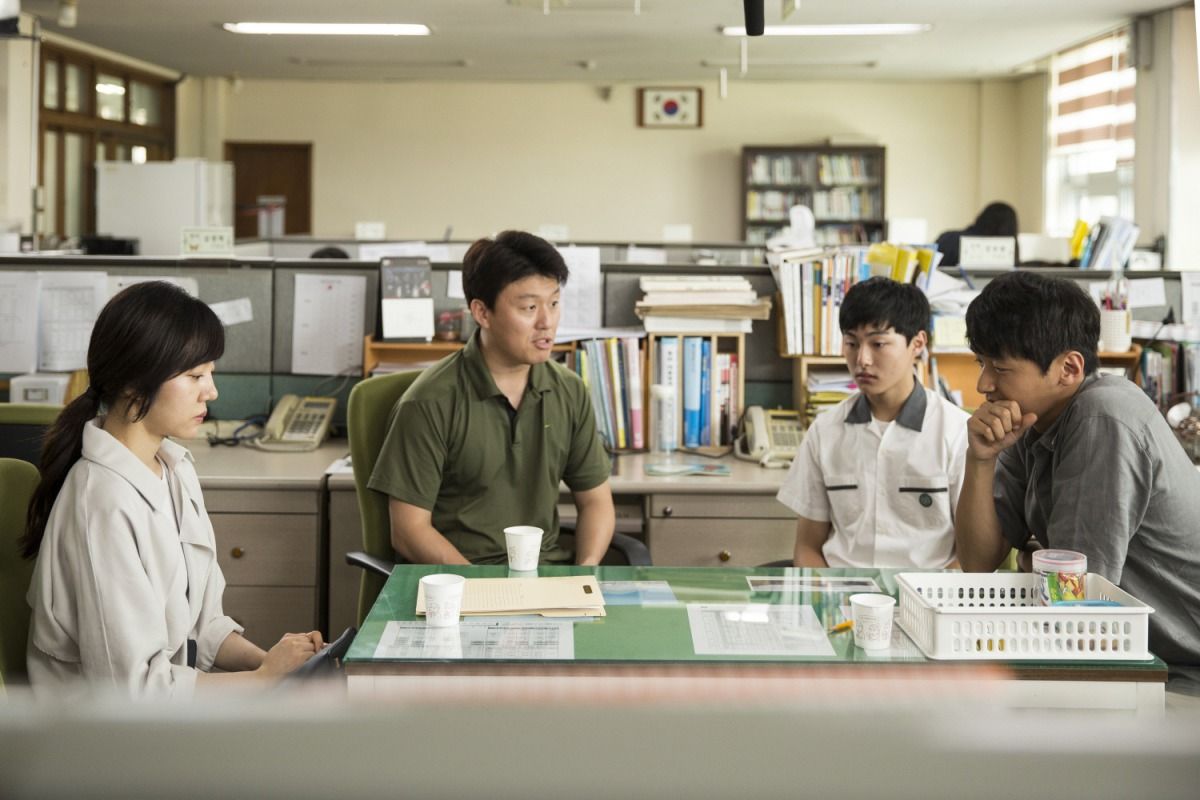
➤The mother who was thrown out of the sanctuary of mercy
The exercises left by Shin Kyung-sook, in the hands of writers born in the 1970s, show reflections and landscapes in different ways. The two representatives of the post-70s writers in the Korean literary world, Qian Yunning and Jin Xi, reflected on the established image of K-Mothers in Korean literature with their two works, "Mother Knows" and "Women and the Enemy of Evolution" respectively. Thanks to their efforts, a new and alternative K-Mothers emerged in Korean literature: mothers who were thrown out of the sanctuary of mercy.
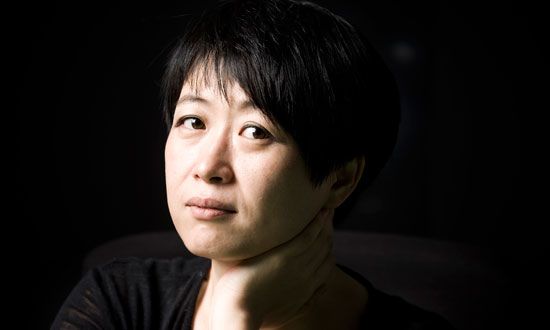
Qian Yunning, born in 1971, graduated from the Department of Media and Communication of Hanyang University and the Department of Literature and Art Creation of Seoul National University of the Arts. In 2000, after her short story "Needle" was selected into the "New Year's Literature and Art" of "Dong-A Daily", she became famous, and her unique creative style also caused a lot of imitations.
In the novel "Ginger" published in 2011, Qian Yunning set the background of the 1980s when the democratization movement in South Korea was raging, and explored the nature of sin and human nature by interrogating the protagonist of the novel, the technical expert Lee Geun-an.
In the short story collection "Mother Knows" published in 2013, Qian Yunning focused on the relationship between parents and children. The seven short stories included in the book focus on exploring the seemingly natural but abnormal parent-child relationship in modern society. relation. In these two short stories, "Eyes Open and Close" and "My Cruel and Sad Children", Chun Yun-ning creates a new K-Mothers in Korean literature: a mother who is forced to become a mother.
These two separate but interrelated works start out in a murder case. One day, a murder case occurred in an apartment. Surprisingly, the suspects were a pair of sisters who were only 14 and 7 years old. These two "cruel and sad children" not only have unknown fathers, but are also left unattended on weekdays, while the mother who released the two sisters cried and complained to the police when they were investigated by the police: "This is not the child I want to give birth to myself. , they came out on their own."
Here, Qian Yunning returns the mother's image from the original metaphor of family and country to the woman herself. "Mother" finally acquires subjectivity. It is no longer a symbol or substitute for family, tradition, or pre-modernity. "Mother" is "Mother" herself.
Qian Yunning's backlash against Korean (male) patriarchy from the female subject gave K-Mothers a feminist connotation. However, compared to Qian Yunning, Jinxi, born in 1974, went further.
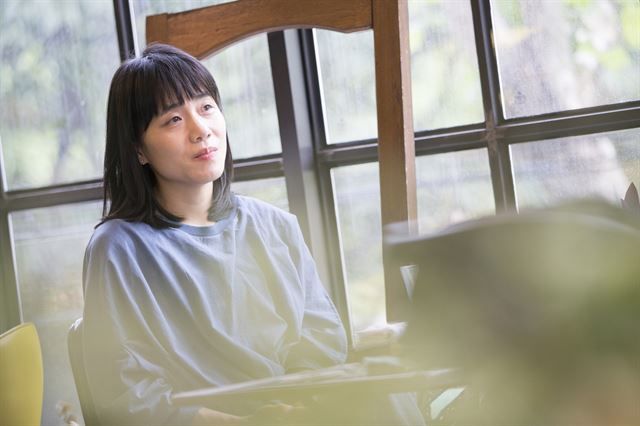
Kim Hee graduated from Daejeon University, and his representative works include "Noodles", "Liver and Gallbladder", etc. He has won the Modern Literature Award and other honors. In 2015, he won the Li Box Literature Award, the highest honor in the Korean literary world for "The Story of Roots". This work, which features the elderly, comfort women, adopted children, and other people who have been uprooted in modern society, was evaluated by the jury: "From the perspective of relativism, it illuminates the sad modern history of Korea." .
The following year (2016), Jin Xi once again turned his attention to the people who had been pulled out of the root of life, and released his novel "One Day", this time directly focusing on comfort women, in order to face the colonial trauma of the peninsula.
In the 2013 novel "Women and the Enemies of Evolution", Kim Hee not only reluctant to reproduce the image of the divinely suffering mother, but also attempted to expose the cruelty and violence that may exist behind this divine image, and further questioned South Korea. What has always been hidden in society is a collective unconscious that requires mothers to have a spirit of sacrifice.
In "Women and the Enemies of Evolution", the protagonist of the novel is a mother who decides to live with her mother-in-law, so that she can borrow her mother-in-law's labor force at any time, so that she can go out to work and earn money, so that children can get a better living space earlier and have better s future. In other words, this mother is determined to sacrifice another mother in order to give her child a better life than the previous generation. Because of this, from a certain moment, she squeezed her mother-in-law's labor without any guilt, and this also made the mother-in-law, who was arbitrarily ordered by her daughter-in-law, feel like a "living fossil".
However, it is not as good as the sky, the mother was fired by the company, and the plan to move the child to a better living environment has been delayed, and may even come to nothing. Therefore, she regards her mother-in-law as an "enemy of evolution", vents all her anger on her mother-in-law, and releases her anger that she cannot be an "excellent mother" by hating her mother-in-law.
Here, Kim Hee responds to the dilemma between modern and pre-modern written by Shin Kyung-sook, but this time, the mother of the modern requires that the mother of the pre-modern must make sacrifices in order to achieve herself, the next generation, and perfect the modern.
Whether it is the mother who is forced to become a mother in Qian Yunning's works, or the modern mother who attempts to achieve herself by sacrificing pre-modern mothers in Jin Xi's works, they all have feminist connotations, female subjectivity, and are thrown out. The "Mother" of the Church of Mercy.
From this point of view, Korean writers, especially female writers, have the ability to ask questions about the established image of K-Mothers in the past when creating the image of "mother", which further expands the possibilities of K-Mothers. This not only deconstructs the sanctity and suffering of motherhood, but also raises the following questions to Korean society: Does every woman have to have motherhood? Is motherhood really innate? Does the mother have to bear the lofty value endowed by this unknown society? Does the society we exist in, especially men, have the qualifications and power to demand sacrifices from mothers/women and suppress desires?
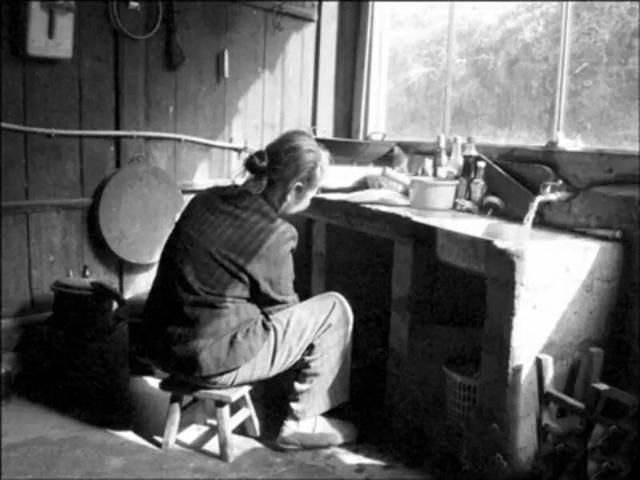
➤The hated mother, the mother who refuses to be a mother
The role of "mother" came into the hands of Huang Zhenyin, and another new deformation appeared. Hwang Jung-eum, who was born in 1976, is known as the "Cinderella of the literary world" by the Korean literary circle. She is good at writing the absurd scenery on the edge of the city, and most of the protagonists are people on the edge of the city. Her masterpiece "One Hundred Shadows" deals with the existence and disappearance of people on the edge, as well as the hustle and bustle and loneliness of the city.
Hwang Jung-eum's other full-length novel "I Will Continue" was first serialized in the quarterly magazine "Creation and Criticism", an important Korean publication, and it took more than a year to revise it before it was officially published in November 2014. Before that, she had portrayed a poor K-Fathers in the short story "The Hat".
In this novel, whenever the father is neglected, it becomes a hat, and gradually, the father becomes a hat more and more frequently, and the brim of the hat is higher and higher. Hwang Jung-eum wrote about her father as an underappreciated hat huddled in a corner of the home, thereby weakening her father's power and deconstructing the male-centered patriarchy of Korean society. In "I Still Going On", she turns this gaze to "mother", creating a mother who is hated by her daughter.
"I Want to Continue" is divided into 4 chapters. In the novel, Aiko's life falls into despair after her husband's death. After that, the lives of her two daughters, Xiaoluo and Nana, are shrouded in the shadow of despair brought by Aiko. Xiao Luo and Nana have extreme disbelief and doubts about motherhood, love and interpersonal relationships, while Luo Qi and her mother Shunzi, who live next door, become their only outlet and possibility of redemption. At this point, Nana becomes pregnant unexpectedly, which makes the two sisters terrified. They who have long lacked maternal love and grew up under the shadow of their mothers, on the one hand, refused to be mothers because they hated their mothers, and on the other hand, they also believed that they were not worthy of love, and even were powerless to love and to love. But even so, the sun will rise again, and life will go on, so they say, "We have to go on."
Through Nana's pregnancy, Hwang Jung-eum gave the two sisters a possibility to test whether there was a turning point in their life and destiny. But the sun rises again, and life goes on, and the beloved son still does not give them love, and they continue to hate their mother. With everything as usual, will Nana end up giving birth to this child or aborting this child? If it is born, what will be the fate of this child in the future? Will it copy the fate of Xiao Luo and Nana, or will they grow up in the new possibilities that the two have explored?
Hwang Jung-eum did not give a definite answer, but at least she has enriched the world of K-Mothers first, giving the world two more images: the hated mother, and the mother who refused to be a mother.
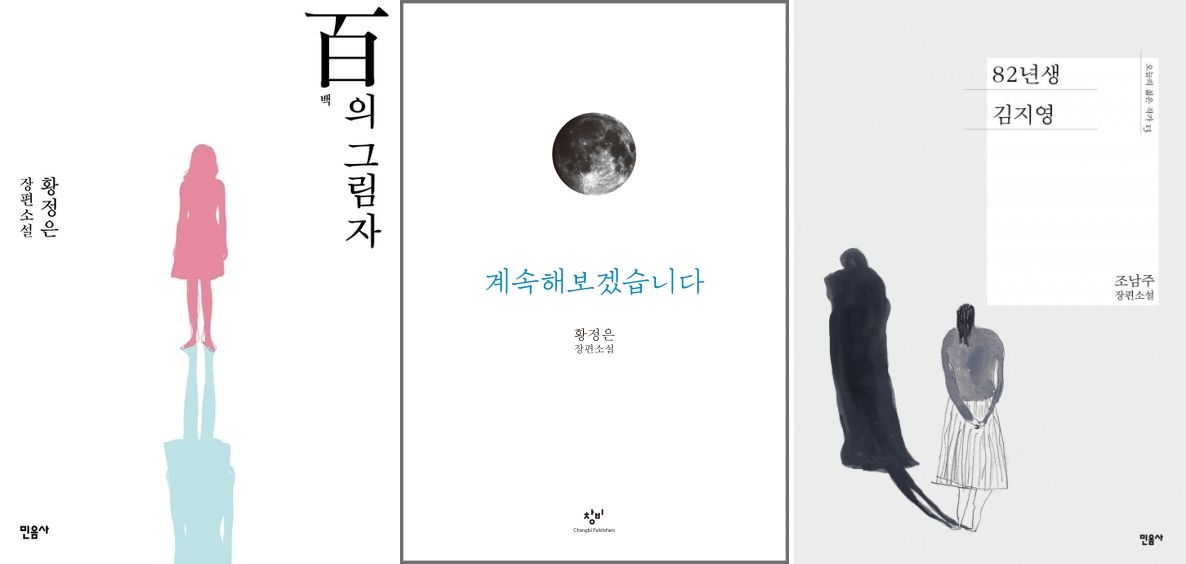
➤The mother who is regarded as a "mother bug"
Just as Korean female writers were trying to get rid of the role of "mother" from the symbol of homeland and pre-modernity, and regained their own subjectivity, and achieved some concrete results, Cho Nam-joo's "Kim Ji-young Born in 1982" was published in 2016. In this book, Zhao Nanzhu tells us with "Jin Zhiying, born in 1982" that even if we work hard to regain control of our own life and be our own masters, what should we do? They still haven't changed, they still see us as a "bug"! The "they" and "we" here refer to the male-centered Korean society and the Korean women living in such an unfriendly environment, respectively.
At the beginning of the story of "Jin Zhiying Born in 1982", Jin Zhiying suddenly became a mother like being possessed, and suddenly became a close friend. Under the guise of them, she expressed her heart to her husband and mother-in-law. Seeing this, we knew that Jin Zhiying was sick. After that, under the arrangement of her husband, Jin Zhiying went to the psychological clinic for medical treatment.
The content after that is the life record of Zhao Nanzhu in the form of a chronology, along the life line of Jin Zhiying's primary school, middle school, university, job search, employment, marriage and childbirth, and resignation as a full-time mother. The narrator of the novel can be said to be Jin Zhiying's psychiatrist, so it is not unreasonable to regard this book as Jin Zhiying's medical report.
Through Jin Zhiying's medical record report, we can see that Jin Zhiying's ordinary life can not be said to be completely smooth, but it is also an ordinary life with few waves. But why does such an ordinary Jin Zhiying suffer from mental illness? Through this medical record report, we learned that the last straw that caused her illness was the phrase "mother bug".
What is a "mother bug"? "Mother bug" is a Korean catchphrase with a derogatory connotation. It originally referred to a mother who did not discipline her children well. Later, it became a satire of a full-time mother who has children but has nothing to do all day, eat, drink and play, and rely on her husband to support her.
In the book, when Jin Zhiying finally found time in her exhausting parenting life, she could push her child outside to drink a cup of coffee for 1,500 won (about NT$40), but she heard the male office worker next door so mockingly. Said: "I also really want to use the money my husband earned to buy coffee and hang around all day... Mommy is so lucky... I don't want to marry a Korean woman at all..."
Hearing this, Jin Zhiying was at a loss and turned to leave. She didn't understand why she was not qualified to drink a cup of 1,500 yuan coffee? Why do you risk your life to give birth to a child, and even give up all your life, work and dreams, and stay at home with children and do housework all day, but become a worm in the mouths of these men?
In the form of a medical record report, Zhao Nanzhu expressed the problem of discrimination against women in Korean society through Jin Zhiying's illness. This not only makes female readers feel the same way, but also creates a sense of "Jim Ji-young is me", and also adds a K-Mothers to Korean literature: a mother who is discriminated against and regarded as a "mother bug".
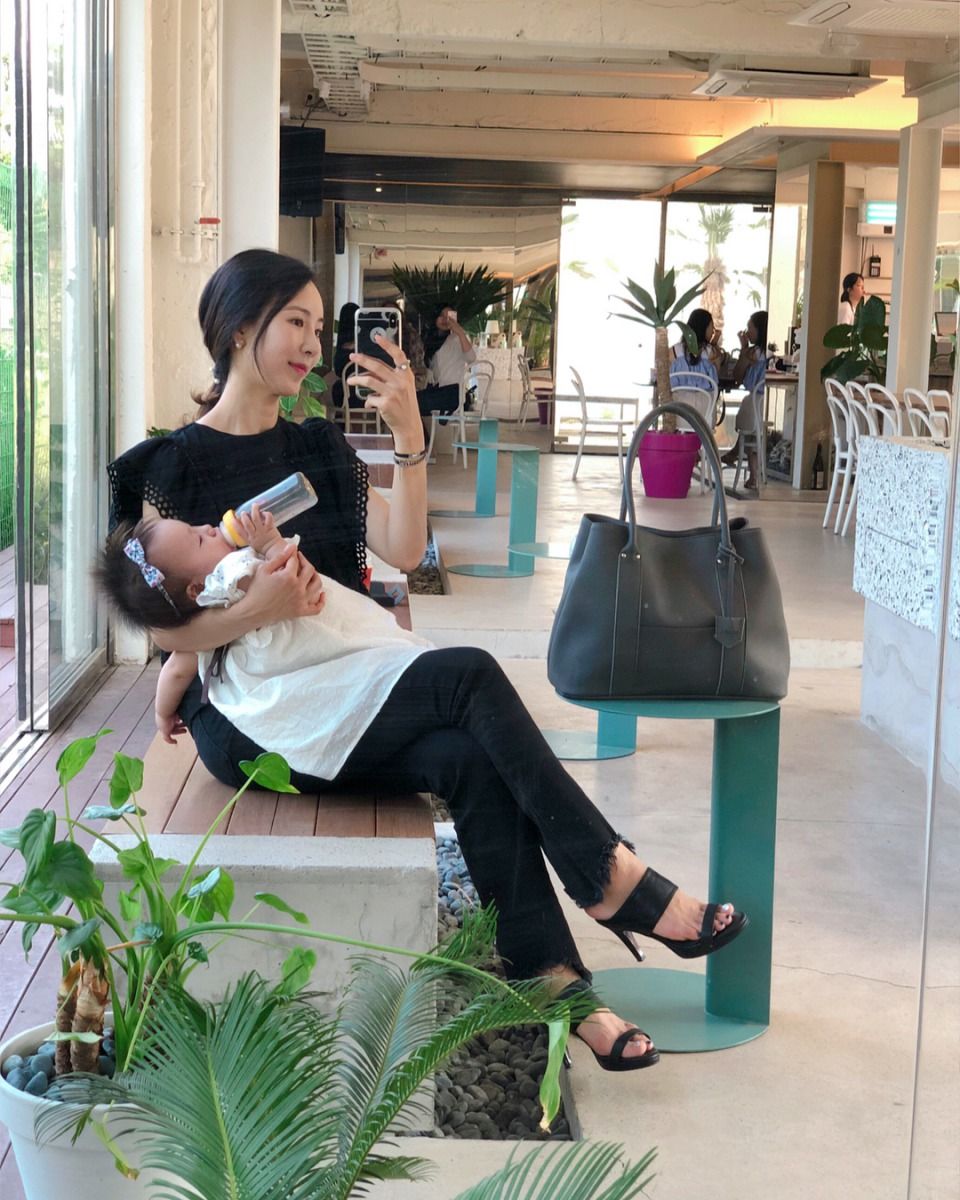
The emergence of the discriminatory term "mom bug" originated from the long-term misogyny atmosphere in Korean society. In this atmosphere, women can only be subordinate to men, and mothers must sacrifice devotion and suppress desire. Therefore, when they do not conform to the mainstream values and generate their own will, even if they just drink a cup of coffee of 1,500 yuan, they will be regarded as the object of criticism by the Korean mainstream society, and they will be considered to be ignored, scolded, violated, or even violated. Being treated as a worm is just self-inflicted.
With the book "Kim Zhiying Born in 1982", Zhao Nanzhu strongly criticized and protested the male-centrism in Korean society, and asked Korean men and women a common question: How long will we have to endure this kind of life?
The K-Mothers created by Zhao Nanzhu not only made a bitter protest against the misogynistic society of South Korea, where men are superior to women, but also has a strong calling power to arouse the awakening of women. This is why the book "Jin Zhiying Born in 1982" has attracted attention in Taiwan, Thailand, Japan and even Europe, and has become a topic among women. Recently, a whirlwind of "Jim Zhiying phenomenon" has been rolled up in Japan. .
After entering the 21st century, Korean female writers have not forgotten to rethink and deconstruct the existing K-Mothers in Korean literature from their own gender identity while dealing with various issues.
Shin Kyung-sook expresses the dilemma that modern people are caught between modern and pre-modern through her spontaneous attachment to her mother after her disappearance. But at the same time, it also makes the image of "mother" more fixed in the existing image of K-Mothers, which not only fails to regain the subjectivity of "mother", but also makes modern and pre-modern lose communication and real reconciliation possible.
Qian Yunning, Jin Xi and Huang Zhenyin, a group of post-70s female writers, joined forces to regain the subjectivity of "mother", giving K-Mothers a feminist connotation, creating a mother who was forced to become a mother and sacrificed others. A mother's mother, a hated mother, and a mother who refuses to be a mother are these thought-provoking K-Mothers. This not only enriches the image of K-Mothers, but also makes the image of K-Mothers no longer attached to male discourse, and is no longer subject to the sacred suffering and self-abuse formed by the male-centered in the past.
When it came to Zhao Nanzhu, she made a social reminder to women with Jin Zhiying's medical report: it is not enough to regain the subjectivity of K-Mothers on paper, women must also live out themselves in real life. We cannot be willing to be silenced in this unfriendly society. At the same time, women are not so-and-so's mothers or so-and-so's wives. Women have their own names, which are the names you and I have written on various name fields since I was a child. I am me. ●(The original text was first published on the OPENBOOK official website on 2019-05-13)
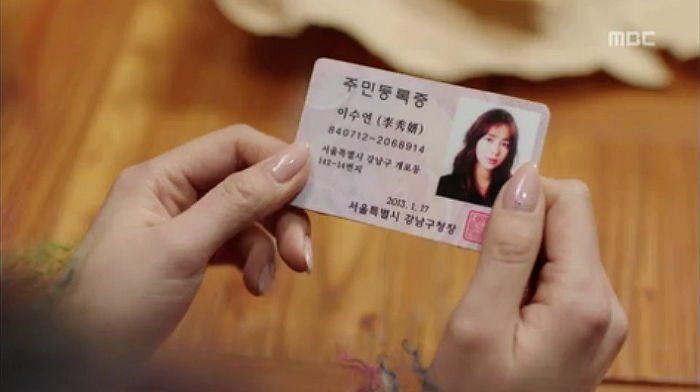
Like my work?
Don't forget to support or like, so I know you are with me..
Comment…